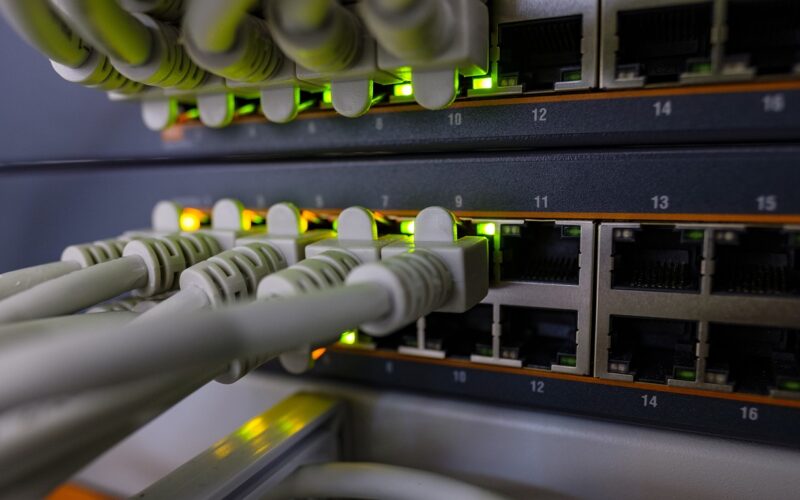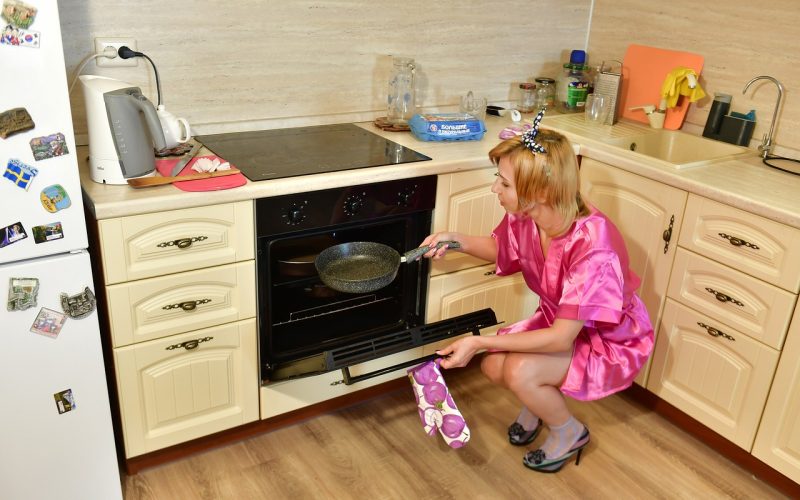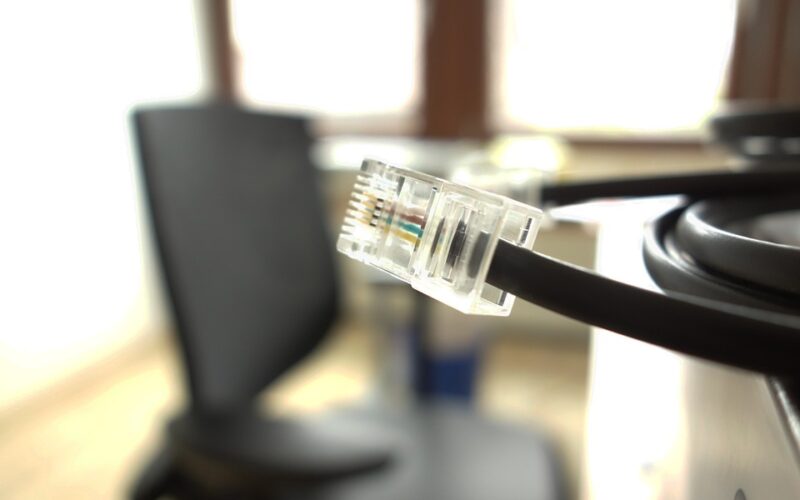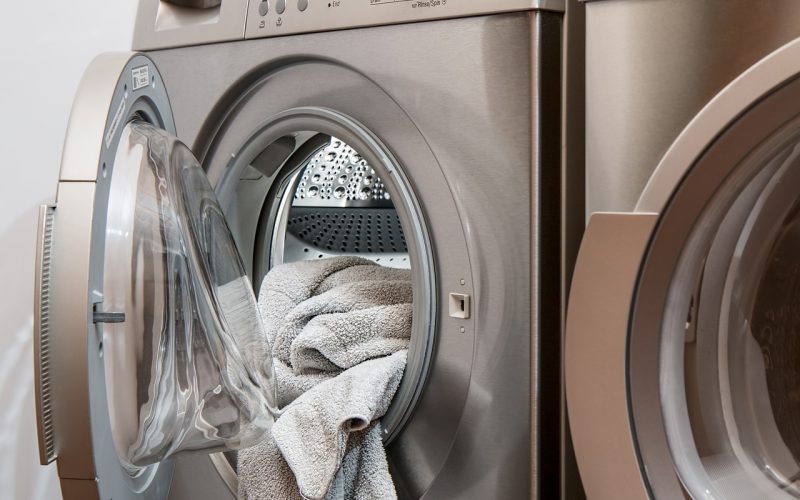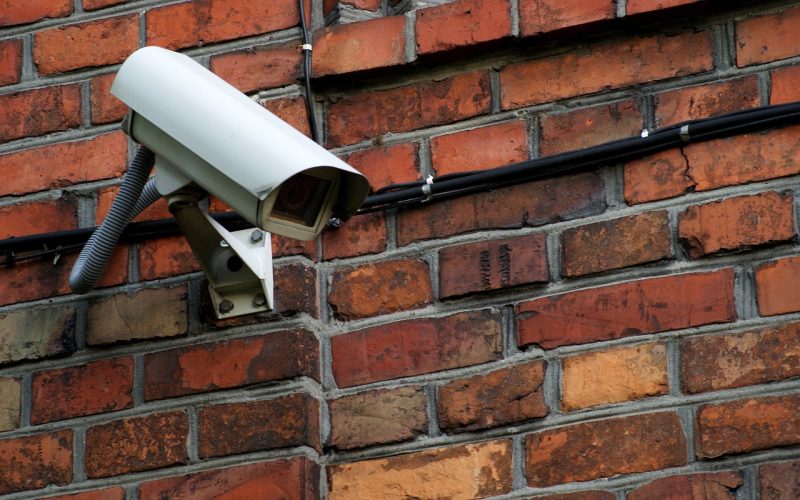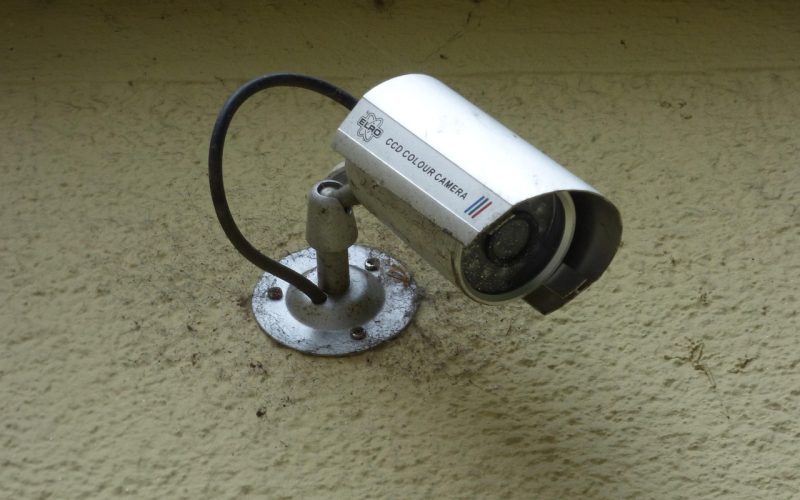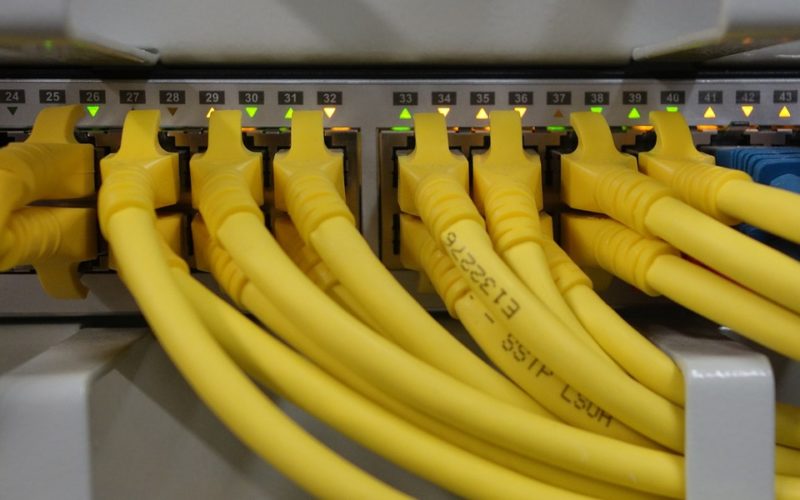The Rise Of Smart Homes
In the realm of modern living, smart homes are becoming increasingly popular as technology continues to integrate seamlessly into our everyday lives. These homes, equipped with advanced systems and devices, are designed to enhance convenience, efficiency, and security. From controlling lighting and temperature to managing home appliances remotely, smart home technology offers a plethora of possibilities that redefine how we interact with our living spaces.
What defines a smart home?
A smart home is defined by its network of interconnected devices and systems that enable automation and remote control. This can include a wide range of technologies such as smart thermostats, lighting systems, security cameras, and even voice-activated assistants like Amazon's Alexa or Google's Assistant. These devices can communicate with each other and be controlled via smartphone apps, creating an ecosystem that responds to the homeowner's preferences and needs.
Benefits of smart home technology
The benefits of smart homes are multifaceted, making them an attractive option for many homeowners. One significant advantage is energy efficiency. Smart thermostats and lighting systems can optimise energy usage by automatically adjusting settings based on occupancy and time of day. This not only reduces utility bills but also contributes to environmental sustainability. Furthermore, the convenience of controlling various home functions from a single device adds an unparalleled level of comfort and ease to daily life.
Enhancing home security
Security is another critical aspect enhanced by smart home technology. With features like smart locks, surveillance cameras, and motion sensors, homeowners can monitor their property in real-time, even when they're away. Alerts and notifications provide instant updates on any unusual activity, allowing for quick responses to potential threats. This added layer of security gives homeowners peace of mind, knowing that their homes are protected at all times.
Potential challenges
Despite the numerous advantages, there are challenges and considerations when adopting smart home technology. Privacy and security concerns are paramount, as these devices often collect and transmit data over the internet. Ensuring robust cybersecurity measures and regularly updating devices are crucial steps to safeguard against potential breaches. Compatibility between different brands and systems can also pose challenges, requiring careful selection and integration to ensure a seamless smart home experience.
The future of smart homes
The future of smart homes looks promising, with advancements in artificial intelligence and the Internet of Things (IoT) driving further innovation. Homes will likely become even more intuitive, with AI-powered systems predicting and responding to homeowner preferences more accurately. Improved interoperability standards will facilitate better communication between devices, creating cohesive ecosystems that enhance efficiency and user experience. Additionally, increased focus on sustainability will lead to the development of technologies that minimise environmental impact while maximising comfort and convenience.
Smart homes represent a significant shift in how we interact with our living environments. By blending technology with everyday life, they offer enhanced convenience, security, and efficiency. While challenges exist, the benefits of smart home technology continue to drive its adoption, shaping the future of modern living spaces. As the technology evolves, it promises to redefine our homes, making them more connected, responsive, and tailored to our unique needs.



